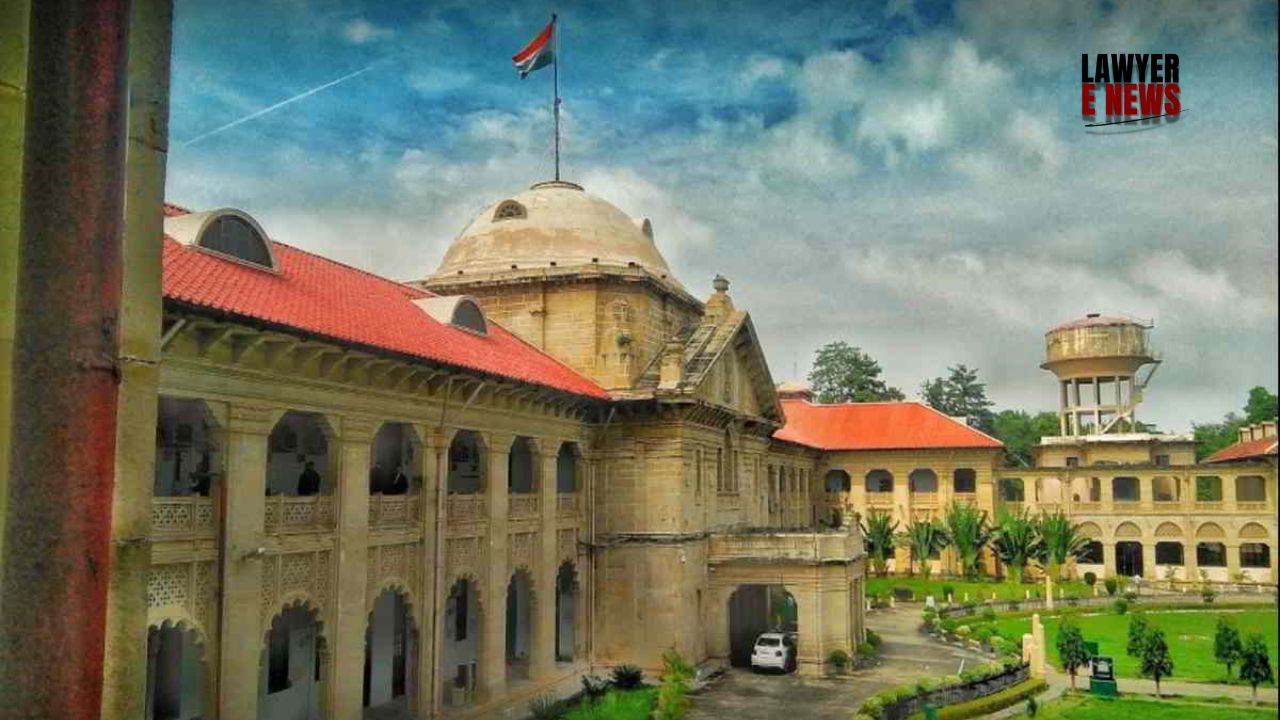-
by Admin
15 February 2026 5:35 AM



Allahabad High Court delivered a significant ruling in Anil Kumar vs. State of UP, rejecting the bail application of the accused charged under Section 376 (rape), Section 506 (criminal intimidation), Section 452 (house-trespass) of the Indian Penal Code (IPC), and Sections 3/4 of the Protection of Children from Sexual Offences (POCSO) Act, 2012. The court underscored that deferred cross-examination creates opportunities for witness tampering, which undermines the fundamental right to a fair trial. This judgment also reaffirms the legal principle that testimony from hostile witnesses should not be entirely disregarded, requiring careful scrutiny of credible portions.
The accused, Anil Kumar, was charged with serious offenses including rape and criminal intimidation. Initially, the victim supported the prosecution’s case during her examination-in-chief. However, during her cross-examination two months later, she retracted her earlier statements. The prosecution argued that this delay in cross-examination allowed time for the accused to influence the witness, a practice that jeopardized the fairness of the trial. The defense sought bail on the grounds that the victim had recanted her testimony, which lessened the likelihood of conviction.
The key legal issue revolved around whether the victim’s change in testimony during deferred cross-examination could be a result of manipulation and whether such a practice breached the principles of a fair trial. The court cited the precedent set in Vinod Kumar v. State of Punjab (2014), where the Supreme Court emphasized the dangers of delayed cross-examination, observing that such gaps can lead to "prevarication" and undue influence over witnesses.
The Allahabad High Court also addressed whether the victim’s testimony, having become hostile, could still be relied upon. Quoting C. Muniappan & Others v. State of Tamil Nadu (2010), the court reiterated that the testimony of a hostile witness should not be entirely discarded. Instead, it must be subjected to careful scrutiny, and parts that remain consistent with the prosecution's case may still be used as credible evidence.
"Delays in Cross-Examination Enable Witness Prevarication, Violates Fair Trial Principles," Rules Court
Justice Krishan Pahal highlighted that the victim's cross-examination was postponed by over two months without a valid reason. This delay, the court noted, may have provided the accused with the opportunity to tamper with the witness. Drawing from the Supreme Court’s ruling in Vinod Kumar, the court emphasized the need for prompt and continuous witness examination to maintain the integrity of the judicial process.
The judgment also referenced other notable cases such as Rajesh Yadav & Another vs. State of Uttar Pradesh (2022) and Hussain & Another vs. Union of India (2017), all of which stressed the importance of avoiding delays in cross-examinations, especially in serious criminal matters. The court expressed concern that repeated adjournments for cross-examination transform trials into a "mockery," undermining the rule of law.
In rejecting the bail application, the court pointed to the seriousness of the charges, the manipulation of the witness, and the principles of justice that require an uninterrupted trial process. The court also directed the trial court to expedite the ongoing case, in line with Supreme Court guidelines, to ensure that further delays do not compromise justice.
The Allahabad High Court’s decision to deny bail reaffirms the importance of safeguarding the integrity of witness testimony and ensuring that trials are conducted without undue delays. The court emphasized that allowing long adjournments in cross-examinations can lead to witness manipulation, which fundamentally compromises the fairness of the trial. The court ordered the trial court to conclude the case expeditiously, ensuring that no further delays occur.
Date of Decision: September 19, 2024
Anil Kumar vs. State of UP and 3 Others
